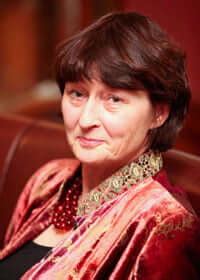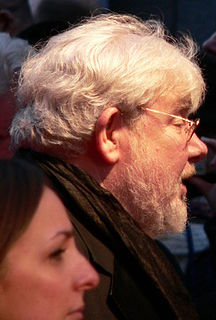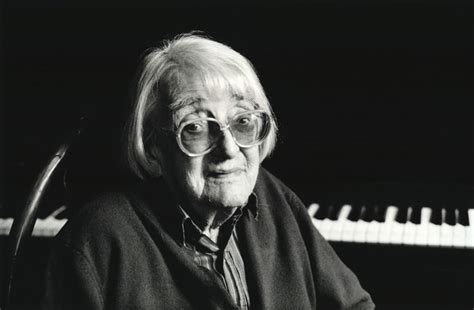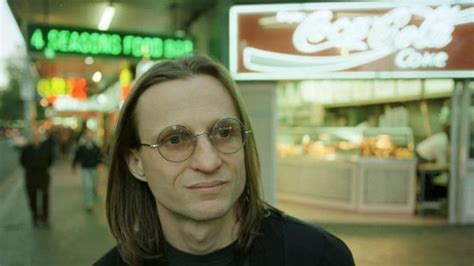A Quote by Camille Paglia
[T]he most viciously intolerant campus I ever visited as a lecturer was Brown, where the humanities program has been gutted by a jejune brand of feminist theory and cultural and media studies.
Related Quotes
If white American feminist theory need not deal with the differences between us, and the resulting difference in our oppressions, then how do you deal with the fact that the women who clean your houses and tend your children while you attend conferences on feminist theory are, for the most part, poor women and women of Color? What is the theory behind racist feminism?
I was frustrated with how academia tended to present feminist theory in disconnected or inaccessible ways. I wanted to try and bring a sociological feminist lens to the limited and limiting representations of women in the media and then share that with other young women of my generation. YouTube was the perfect medium.
A lot of women seem to have a similar attitude, - 'I'm not a feminist' - and it gets wearying. What's wrong with being a feminist? I'm proud to be a feminist. It's been one of the most positive things in my life. It's one of the best traditions there is. It's admirable to be a feminist and to stand up for one's sex, to fight against inequality and injustice and to work for a better society.
I'm a fan of the simulation theory. I tend to think that most of our existence, if not all of it, is part of a hologram created by some type of other life form, or some type of other artificial intelligence. Now, it may be impossible for us to ever know that, but a bunch of recent studies in string theory physics have proved that.
I would describe myself as a writer and a student of media. If there's a central idea in media theory, it's to take media as form. It might grow out of philosophical aesthetics or the study of literature and visual art, but the various strands of media theory converge in treating all of those as subsets of the study of media as form.
































